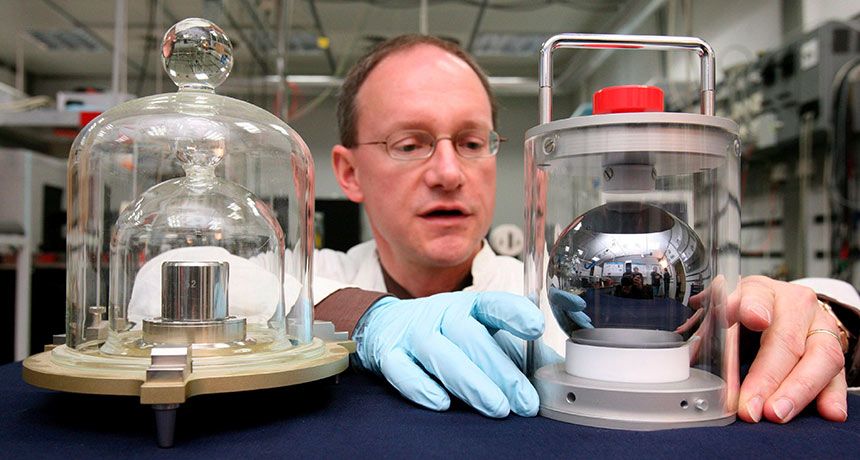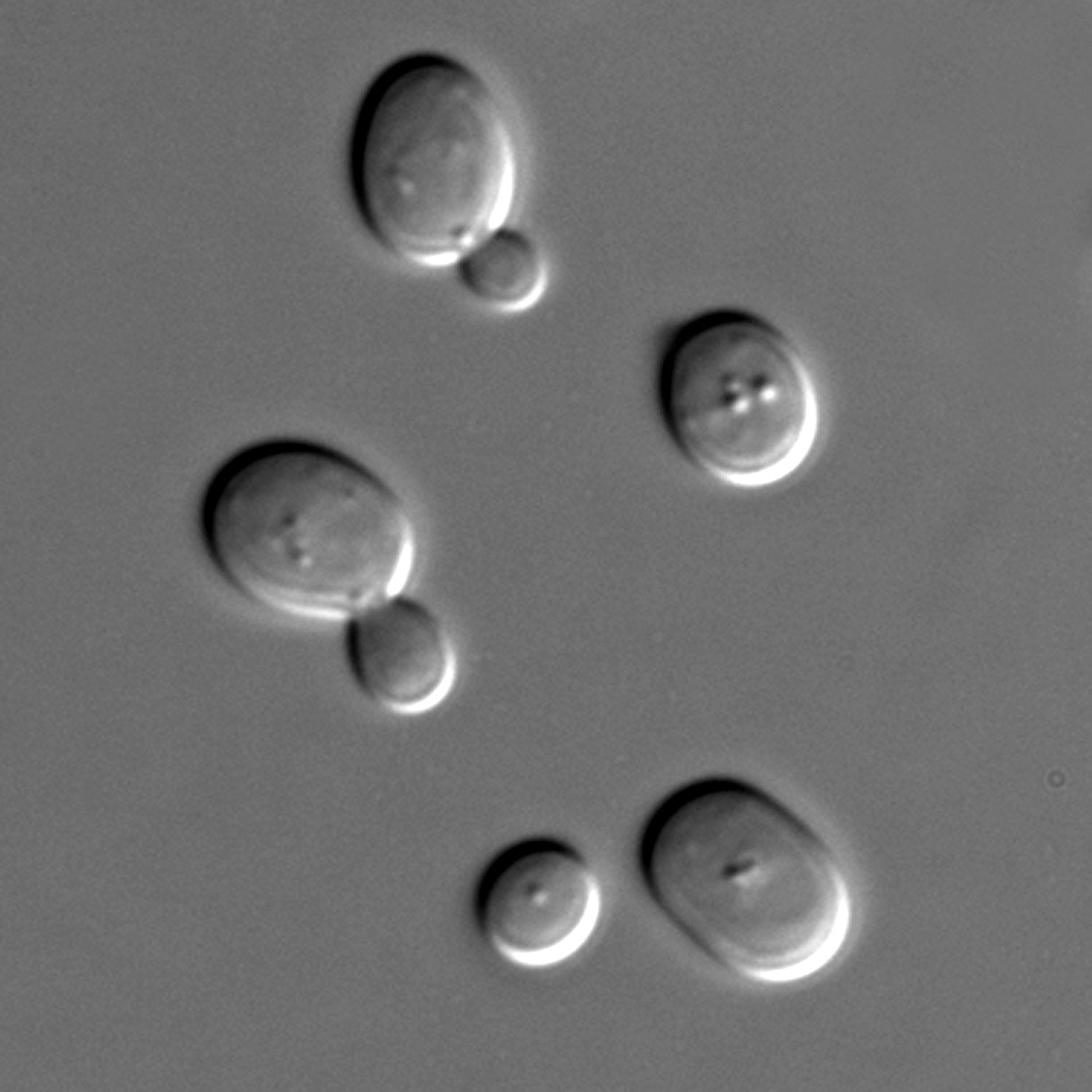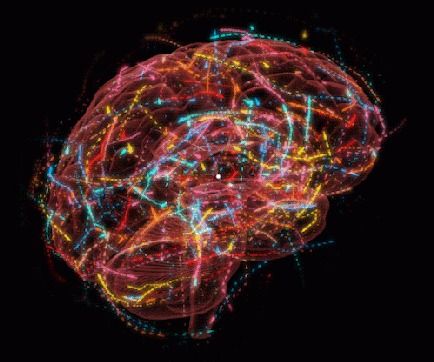Seen and not heard.
Closing in on a Giant Ghost Planet
Posted in space
And a shifting speed of light could revise current views about the evolution of the infant universe. Scientists think that a period of inflation caused the newborn cosmos to expand extremely rapidly, creating a universe that is uniform across vast distances. That uniformity is in line with observations: The cosmic microwave background, light that emerged about 380,000 years after the Big Bang, is nearly the same temperature everywhere scientists look. But cosmologist João Magueijo of Imperial College London has a radical alternative to inflation: If light were speedier in the early universe, it could account for the universe’s homogeneity.
“As soon as you raise the speed limit in the early universe,” Magueijo says, “you start being able to work on explanations for why the universe is the way it is.”
A finely tuned universe.
Tangled Up in Spacetime
Posted in quantum physics
“Calorie restriction has been known to extend lifespan for a long time.” said Dr. Kennedy. “The DNA damage response is linked to aging as well. LOS1 may be connecting these different processes.”
A number of the age-extending genes the team identified are also found in C. elegans roundworms, indicating these mechanisms are conserved in higher organisms. In fact, many of the anti-aging pathways associated with yeast genes are maintained all the way to humans.
The research produced another positive result: exposing emerging scientists to advanced lab techniques, many for the first time.
“Until a few years ago “we thought human activities had little impact on the stratosphere,” says Jean-Paul Vernier, a remote-sensing expert at the NASA Langley Research Center.”
Ghost in the Shell Trailer Teaser
Posted in futurism
A new approach to a once-farfetched theory is making it plausible that the brain functions like a quantum computer.
The mere mention of “quantum consciousness” makes most physicists cringe, as the phrase seems to evoke the vague, insipid musings of a New Age guru. But if a new hypothesis proves to be correct, quantum effects might indeed play some role in human cognition. Matthew Fisher, a physicist at the University of California, Santa Barbara, raised eyebrows late last year when he published a paper in Annals of Physics proposing that the nuclear spins of phosphorus atoms could serve as rudimentary “qubits” in the brain—which would essentially enable the brain to function like a quantum computer.









